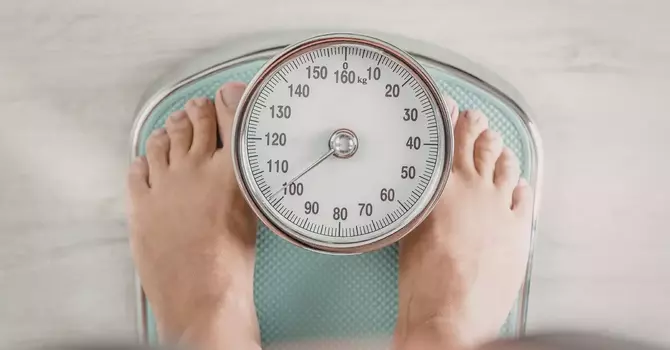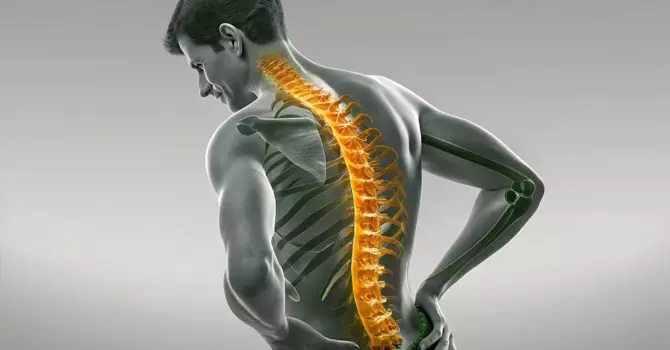
Why Hydration Is More Than Just Drinking Water: The Important Role of Electrolytes
Most people understand that staying hydrated is essential, but many do not realize that hydration involves more than just drinking water. For active individuals, drinking large amounts of plain water without replenishing electrolytes can lead to reduced performance, muscle cramps, fatigue, and an increased risk of injury.
At Arthrology Chiropractic, we frequently encounter patients who experience symptoms like brain fog, joint stiffness, and post-workout soreness, often due to insufficient hydration and imbalances in electrolytes.
In this post, we will explore the importance of electrolytes for optimal hydration, what occurs when they are unbalanced, and how to hydrate more effectively, particularly if you maintain an active lifestyle.
What is Hydration?
Hydration isn't just about the volume of water in your body. It's about the balance between water and key minerals, called electrolytes, that help regulate fluid inside and outside your cells.
To be truly hydrated, your body needs:
- Water to support circulation, transportation, lubrication, and temperature control
- Electrolytes to regulate fluid balance, blood pH, and nerve and muscle function
- Cellular absorption allows fluids to reach muscles, joints, and organs
- Hormonal regulation (via aldosterone and ADH) to keep everything balanced
Electrolytes are essential for the proper absorption and utilization of water, particularly for those who are active.
Why Electrolytes Matter (Especially If You're Active)
Electrolytes are charged minerals, such as sodium, potassium, magnesium, calcium, and chloride, that play a crucial role in regulating various bodily functions, including:
- Muscle contraction and relaxation
- Nerve signaling
- Heart rhythm and blood pressure
- Fluid retention and loss
- Blood pH regulation
- Nutrient and waste transport
When you sweat, you lose electrolytes along with water, especially sodium and potassium. If you replace the fluid without replacing the minerals, you can develop relative dehydration at the cellular level.
For active individuals, electrolyte imbalance can lead to:
- Muscle cramps or spasms
- Sluggish recovery
- Dizziness or lightheadedness
- Headaches
- Poor heat tolerance
- Brain fog or mental fatigue
- Decreased strength and endurance
In extreme cases, overhydration with water alone can lead to hyponatremia, a dangerous drop in sodium levels.
Signs You May Be Electrolyte-Depleted (Even If You Drink Enough Water)
- Frequent muscle cramps or twitching
- Headaches, especially after exercise or sweating
- Dry mouth or eyes
- Fatigue
- Dizziness or weakness with standing
- Confusion or brain fog
- Dark urine despite high water intake
- Constant thirst
If you've ever felt worse after drinking a lot of water, electrolyte depletion may be the reason.
How To Hydrate Effectively with Electrolytes
1. Add Minerals to Your Water
Plain water can dilute your body's existing electrolytes. Try adding:
- A pinch of high-quality sea salt & lemon
- A balanced electrolyte powder (look for formulas with sodium, potassium, magnesium, and no added sugar or artificial dyes)
- Coconut water (in moderation) is a natural source of potassium and sodium
- Bone broth provides sodium, potassium, and amino acids
2. Use Electrolytes Around Workouts or Outdoor Activities
If you're moving or exercising and sweating a lot, your electrolyte needs increase. Hydrate before, during, and after physical activity with a beverage that replaces both water and electrolytes.
This helps:
- Maintain optimal muscle performance
- Reduce post-activity soreness
- Speed up recovery
- Improve thermoregulation (your body's cooling system)
3. Eat Mineral-Rich Foods
Healthy whole foods can be a source of minerals. Prioritize eating:
- Magnesium - leafy greens, pumpkin seeds, almonds
- Potassium - bananas, sweet potatoes, avocado, spinach
- Sodium - sea salt, olives, sauerkraut, pickles
- Calcium - leafy greens, yogurt, sardines
A diet high in processed foods but low in whole foods can lead to mineral depletion, even if calorie intake is adequate.
What About Water?
Water remains essential, but its importance depends on the context.
Smart hydration tips:
- Drink 8-16oz of water with minerals first thing in the morning (before coffee)
- Sip water throughout the day, rather than chugging
- Increase fluid intake around physical activity
- Pay attention to urine color (light yellow is ideal)
If your urine is crystal clear and you're urinating frequently, you may be overhydrated and lacking in electrolytes.
Hydration and Chiropractic: Why It Matters More Than You Think
At Arthrology Chiropractic, we take a whole-body approach to musculoskeletal care, including the evaluation of foundational aspects such as hydration.
Proper hydration, especially when paired with optimal electrolyte balance, plays a critical role in tissue health, recovery, and neurologic function, all of which directly affect how patients respond to chiropractic treatment.
Here's how hydration supports your outcome:
1. Joint Function
Synovial fluid, which lubricates your joints, is primarily water-based. Insufficient hydration can decrease joint lubrication, leading to less efficient and potentially uncomfortable movement. Well-hydrated joints provide better mobility and respond more effectively to joint manipulation and mobilization.
2. Fascial and Muscle Resiliency
Muscle tissue consists of approximately 75% water. Dehydration can lead to tightness, stiffness, and decreased pliability. When tissues are well-hydrated and balanced with minerals, manual therapy, soft tissue work, and dry needling become more effective and better tolerated.
3. Nervous System Regulation
The brain, spinal cord, and peripheral nerves rely on fluid and electrolyte balance to efficiently conduct signals. As the nervous system impacts performance and recovery, hydration significantly influences how well your body integrates care and restores balance.
4. Recovery and Inflammation Management
Water and electrolytes are necessary for waste removal and nutrient delivery at the cellular level. After chiropractic treatment, your body needs fluid to circulate metabolites, reduce soreness, and support tissue repair.
Final Thoughts
If you're drinking water but still feel dehydrated, reconsider your hydration strategy. Balancing electrolytes is often the missing link, particularly for active individuals.
Proper hydration supports your muscles, brain, digestion, energy, and long-term performance.
At Arthrology Chiropractic, we help patients understand how nutrition, movement, and recovery work together for sustained health.
If you're ready to feel and perform better, hydrate smarter, not just harder.

Edward Boudreau
Contact Me



.png)
